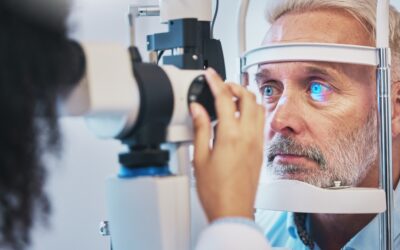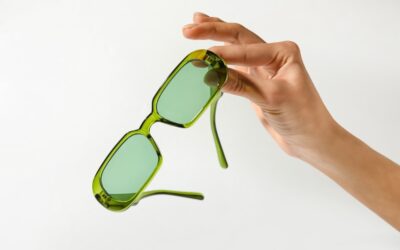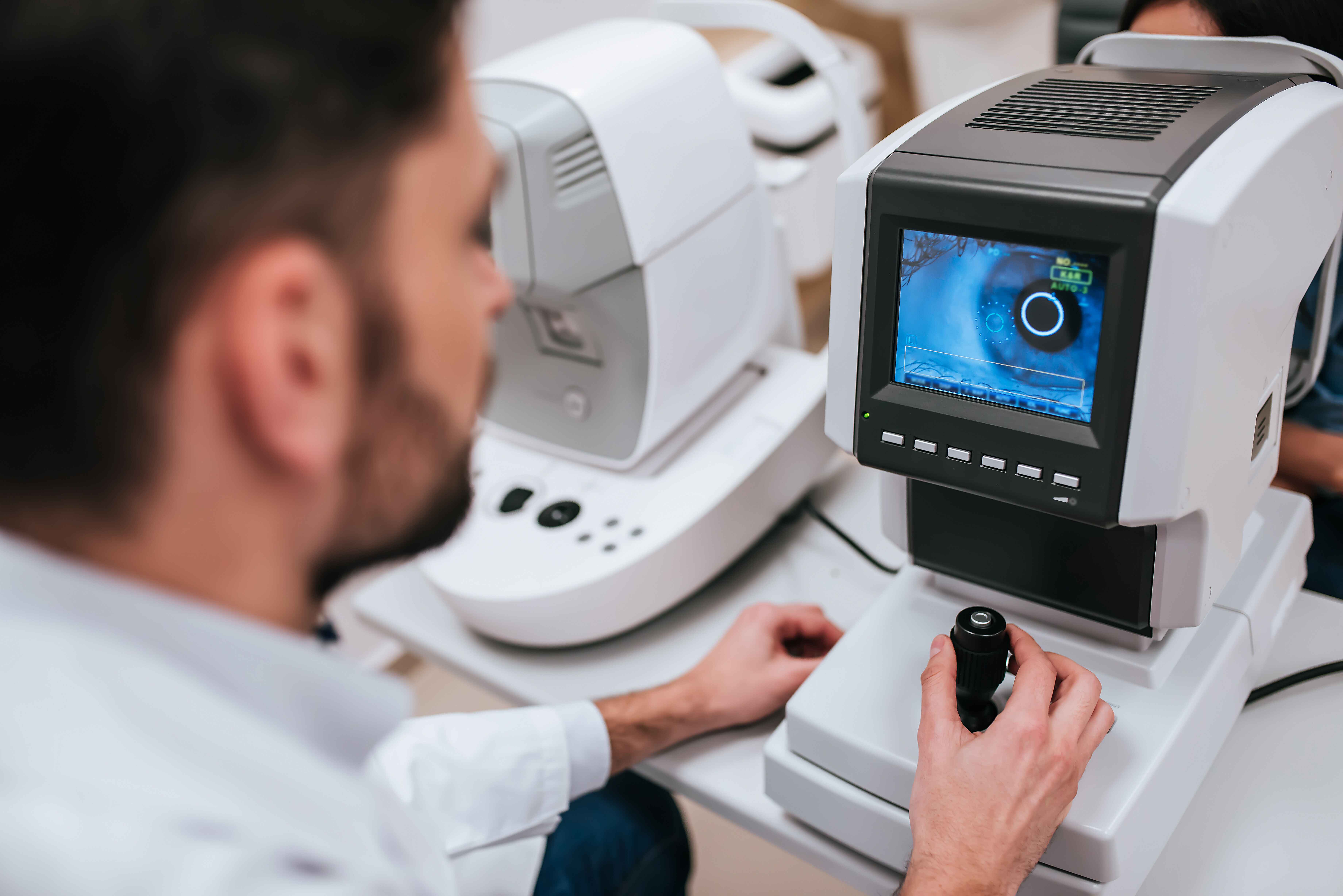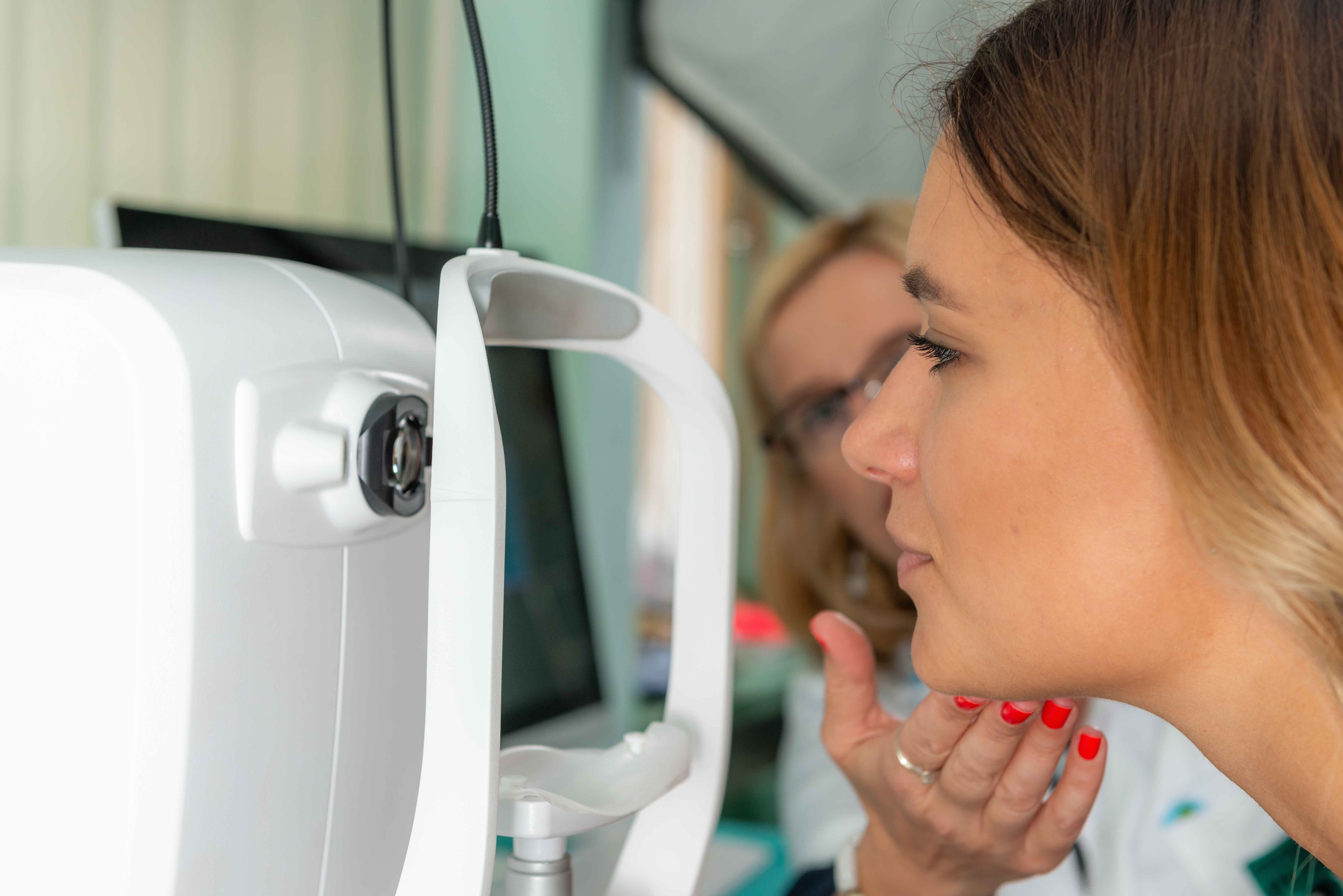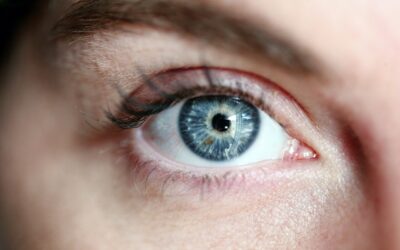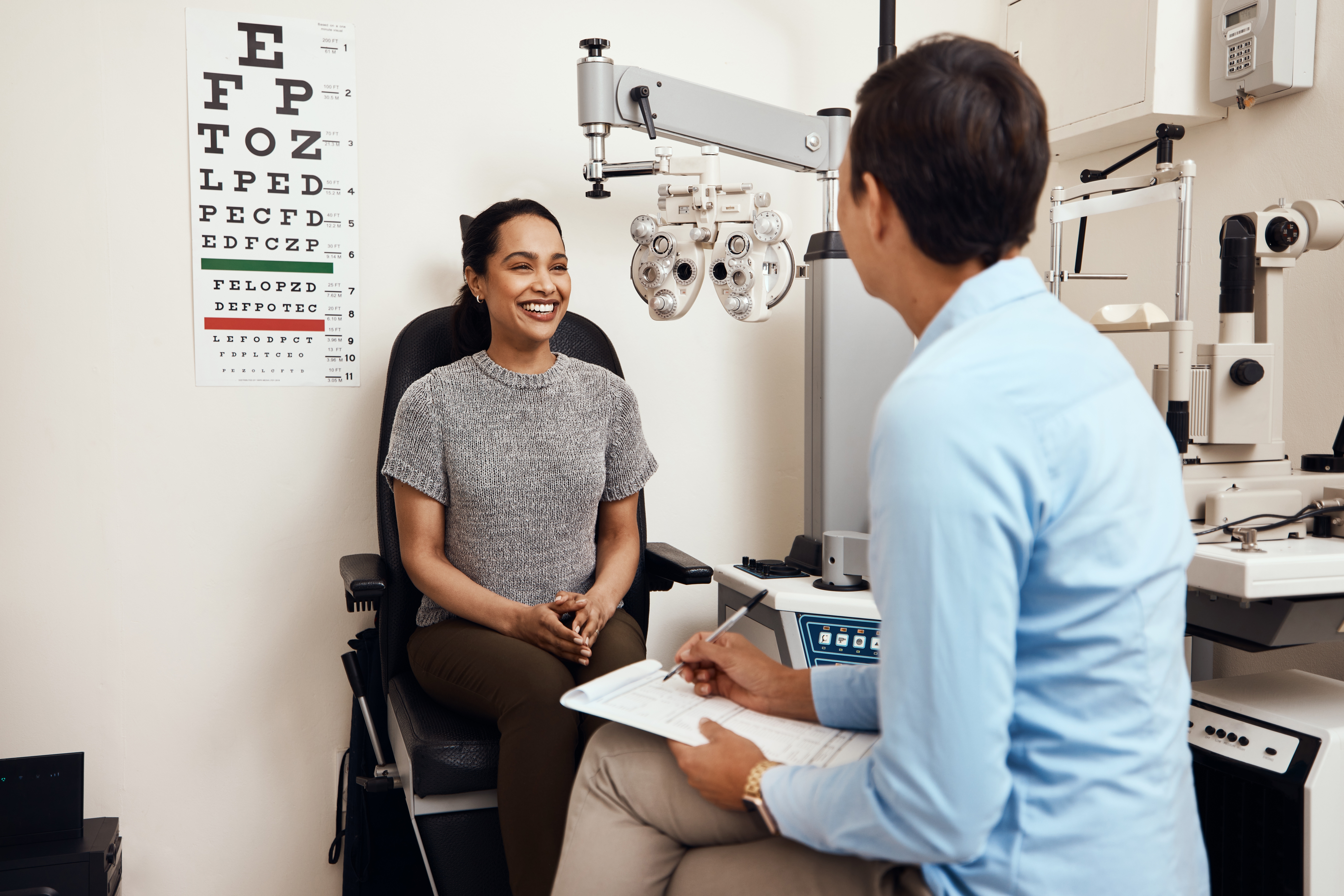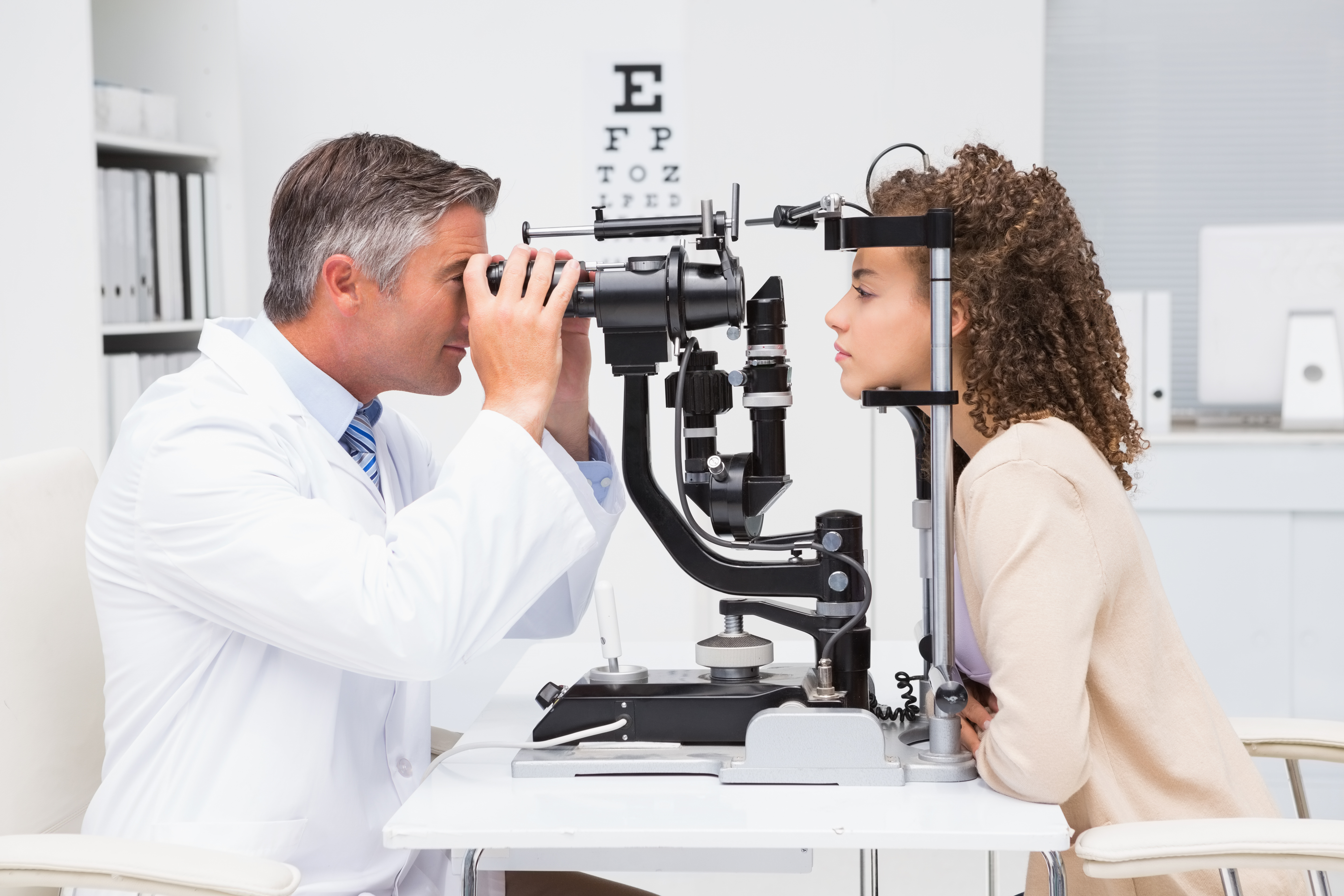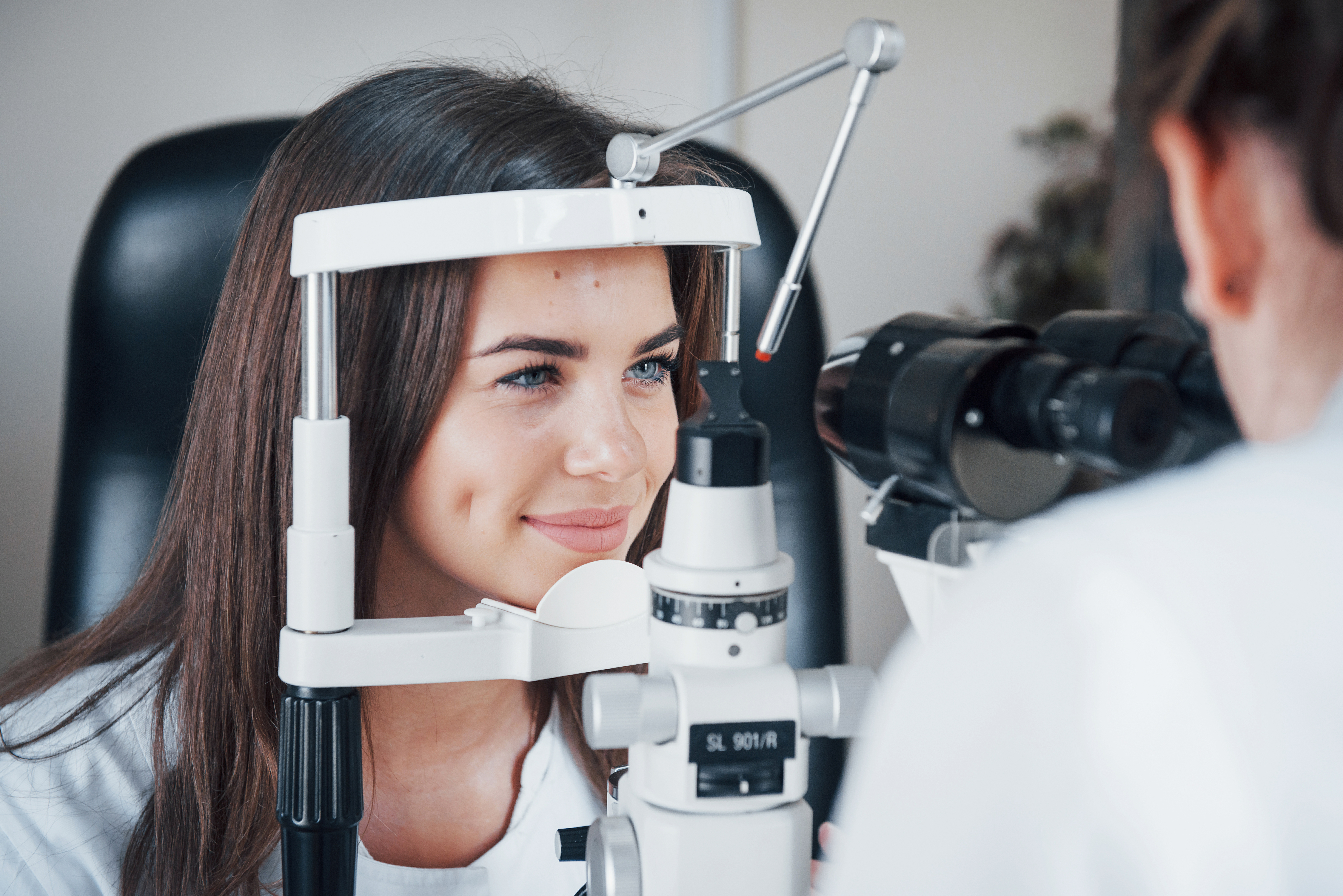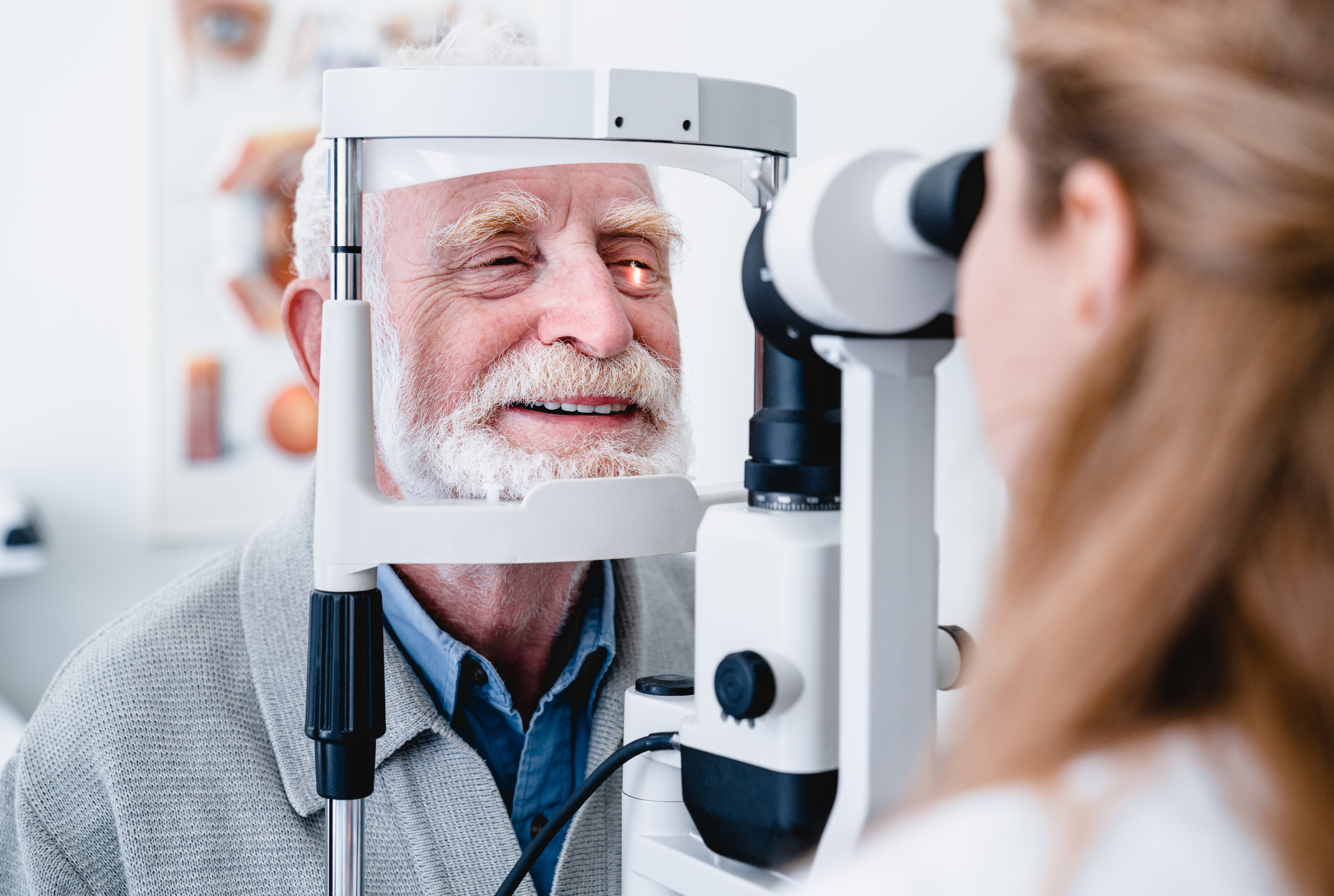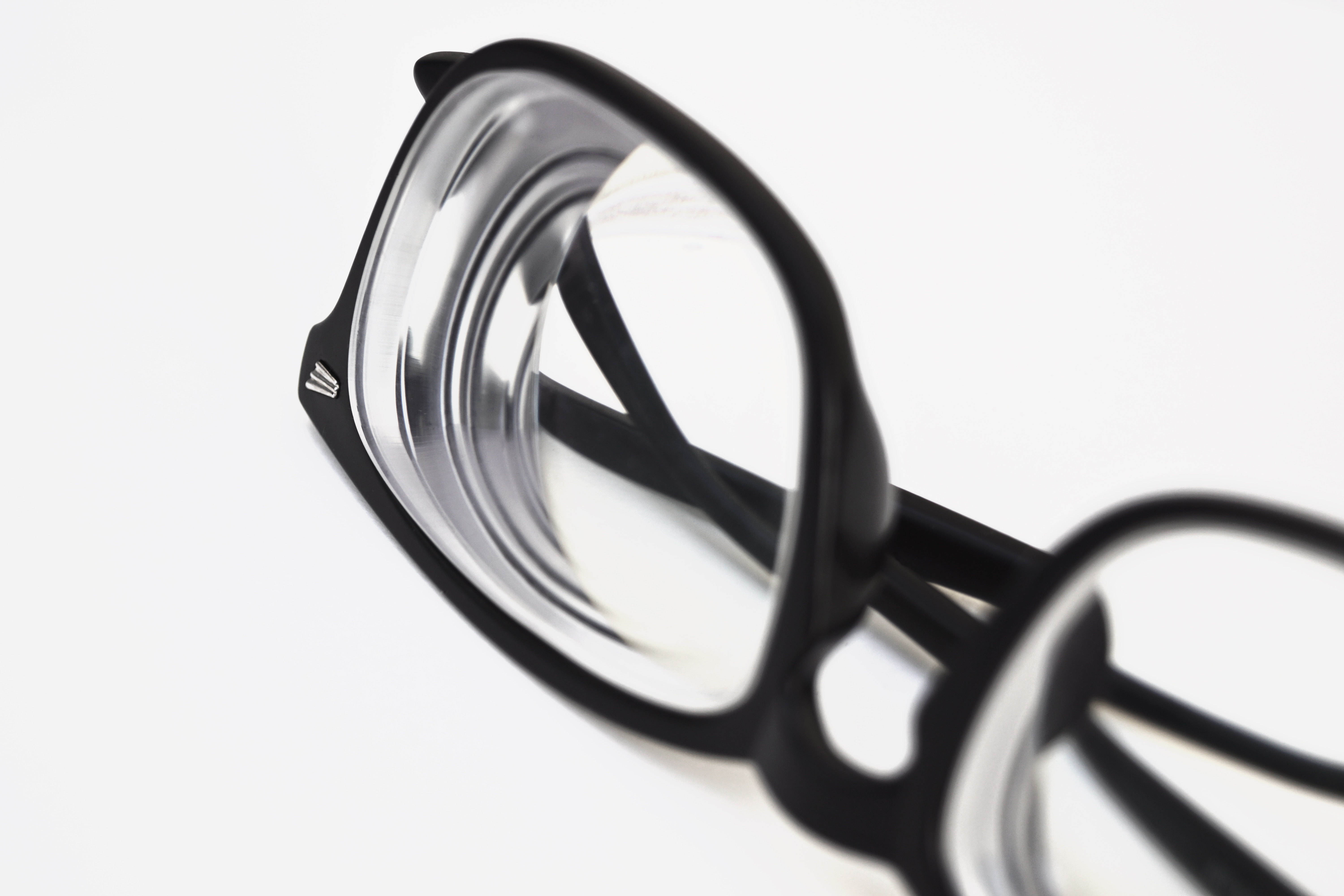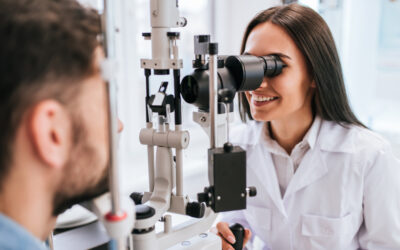Table of Contents
In the last 100 years, technology has changed the way we live. It has changed how we wash our clothes, the cars we drive, how we work and, of course, our corrective lenses. We have moved from Ben Franklin’s bifocals to progressive lenses and now, to high-definition lenses. Let’s find out more about what’s in store for optometry in 2021 so you can best help your clients with advanced eye care in Tulsa.
Digital technology and eyewear
Computer technology has changed how we make corrective lenses. Digital has replaced traditional lens creation, and no-line progressives have replaced bifocals/trifocals. Despite these constant updates and the progressive evolution of eyewear though, many people feel that their vision isn’t clear even with the “right” prescription lens. Although they have 20/20 vision, they still feel their vision isn’t sharp. This is because traditional lenses only offer an approximate level of correction.
Fortunately, recent technology has gone even further to correct vision problems with high-definition lenses. These lenses enable sharper vision, even in low light, and people with astigmatism or those who need progressive lenses can use them.
There are several types of high-definition lenses that you may suggest to your clients. Made with different technology, various lenses help different types of wearers. In other words, certain types are more useful for those with specific eye problems:
-
Free-form lenses
The most common type of high-definition lenses. They are made with computer-assisted surfacing, which is more precise. It can shape the lenses to the exact correction needed. They also help with night vision.
-
Waveform lenses
Use the same technology as LASIK surgery. This technology can determine the exact type of correction a given person may need. Customized lenses are then created using a computer-guided process. These lenses are also great at enhancing night vision. Unfortunately, it can be difficult to find a provider that uses this technology.
-
Varifocal lenses
Were developed to help people that are too young for multi-focal lenses. People of all ages have developed vision problems because of the regular use of electronic devices. The main reasons for these vision problems are eyestrain and the constant refocusing between the screen and the “real world.” Varifocal lenses relieve eye strain and provide greater visual clarity because they allow the eye to easily refocus.
-
Bionic lenses
Were created for people that aren’t able to get clear vision with traditional lenses. These lenses increase contrast levels and colors, and they constantly adjust based on their surroundings. The designers of bionic lenses hope someday to have these available for everyone for everyday use.
Unfortunately, these lenses can come with a high price tag. They may be 25-30% more expensive than traditional lenses. So, how can the average person afford them?
Vision Care Direct helps make high-definition lenses affordable
Vision Care Direct of Oklahoma helps employers and customers who are looking to afford high-definition lenses. We offer a pre-paid plan, not vision insurance. Vision Care Direct helps members get comprehensive eye examinations and advanced eye care in Tulsa and the rest of Oklahoma. Plans also provide savings on corrective lenses.
Unlike vision insurance, Vision Care Direct allows customers to choose providers. The providers then help customers decide where to buy lenses and what ones to buy. Vision Care Direct provides savings on all types of eye care in OKC. Common options, such as anti-reflective coating and UV protection, are included in the price of all of the lenses. It also includes high definition progressive lenses at no additional cost, while many other insurance companies only offer a standard progressive. This helps customers be able to afford the lenses best suited for their eyes.
Technology continues to help people live their best lives. While the newest eyewear technology can be costly, together with Vision Care Direct, you can help your clients receive the best eyewear for their particular vision problem. Contact us today to learn more about how we can help with advanced eye care in Tulsa.



